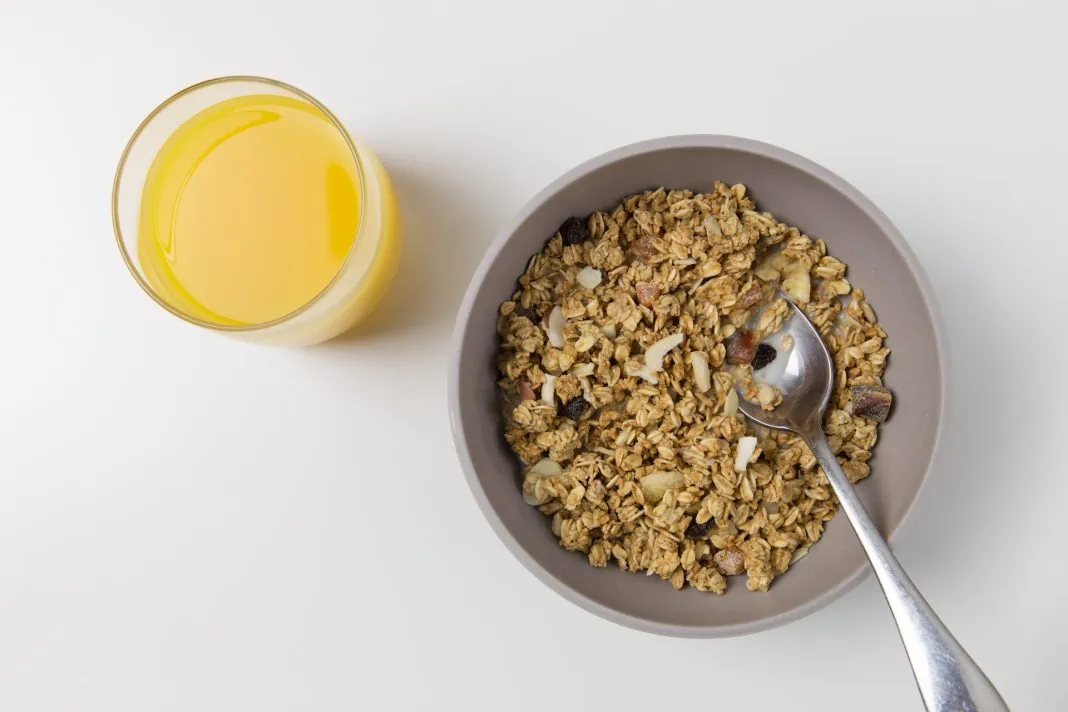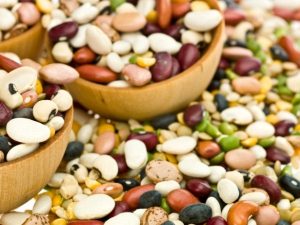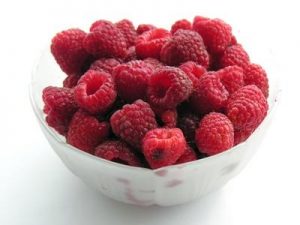Appetite control, or more likely the lack of it, is one of the most important problems that cause people to gain weight. The same issue is present when dieting, as it usually involves caloric restriction. Having a strong will is still a good thing when you’re trying to eat healthy and lose or maintain your weight but there are ways to control your hunger by eating the right foods and minimizing the risk of failed diets and/or food abuse.
Dietary fiber is the indigestible part of edible plants that can have many health benefits when consumed regularly. While fiber doesn’t provide calories and nutrients, it travels through the digestive system, slowing down the movement of the food. This reduces the hunger feeling and keeps us satisfied for a longer time. Nevertheless, there are many other health benefits of dietary fiber, including the prevention of some diseases.
The Science Behind Dietary Fiber
There are two types of dietary fiber: soluble fiber – which turns into gases and active byproducts in the colon through fermentation; insoluble fiber – which is the type of fiber that doesn’t get digested, and it absorbs water as it travels through the digestive system, promoting stool regularity.
Fiber can be a very effective way of preventing or treating constipation as it can ease bowel movements. Still, to work at its full potential, you must be properly hydrated.
Concerning weight loss, fiber gives more than an increased feeling of satiety and reduces the appetite. Dietary fiber can also change how the body absorbs food-derived nutrients and chemicals. It absorbs and carries out some of the fat and calories we ingest. As a result, including fiber-rich foods in your diet can help you lose weight without feeling hungry all the time.
Regularly eating fiber-rich foods will improve your digestion and reduce the risk of various health conditions such as heart disease, diabetes, and obesity.
Which foods are rich in fiber?
All fruits and vegetables have fiber, although the quantity varies. Try not to limit yourself only to a few foods, as a healthy diet means eating a bit of everything. Feel free to use the list below as a guide to enriching your diet with fiber.
Grains and cereals: bran, wheat, oatmeal, barley, brown rice
Legumes, nuts and seeds: beans, peas, lentils, sunflower seed kernels, almonds, pistachio
Fruits and vegetables: apples, oranges, bananas, raspberries, pears, strawberries, artichoke, green peas, broccoli, Brussels sprouts, sweet corn
As you can see, adding a fiber-rich meal to your daily nutrition is very important, especially if you’re trying to lose weight. Although the benefits go beyond weight loss, it’s important to remember that fibers are a vital nutrient.


